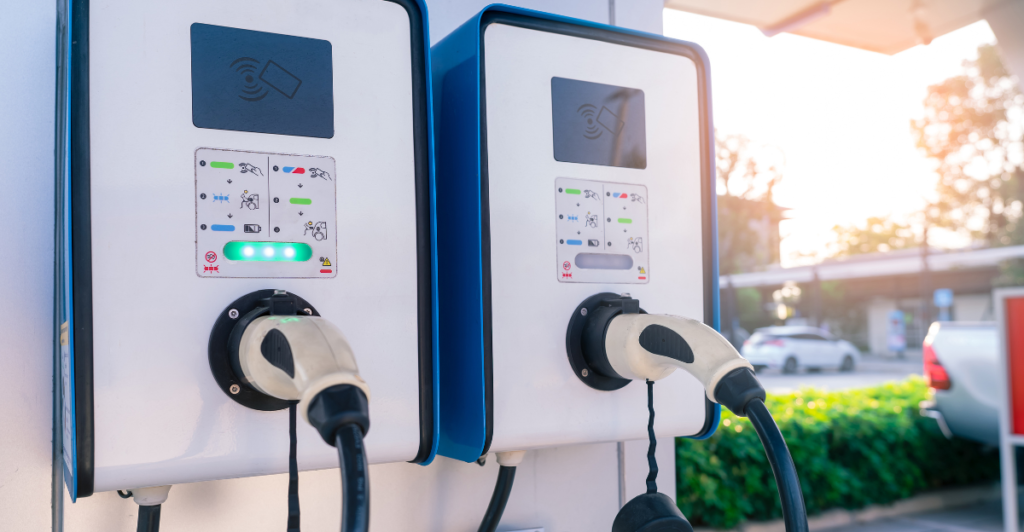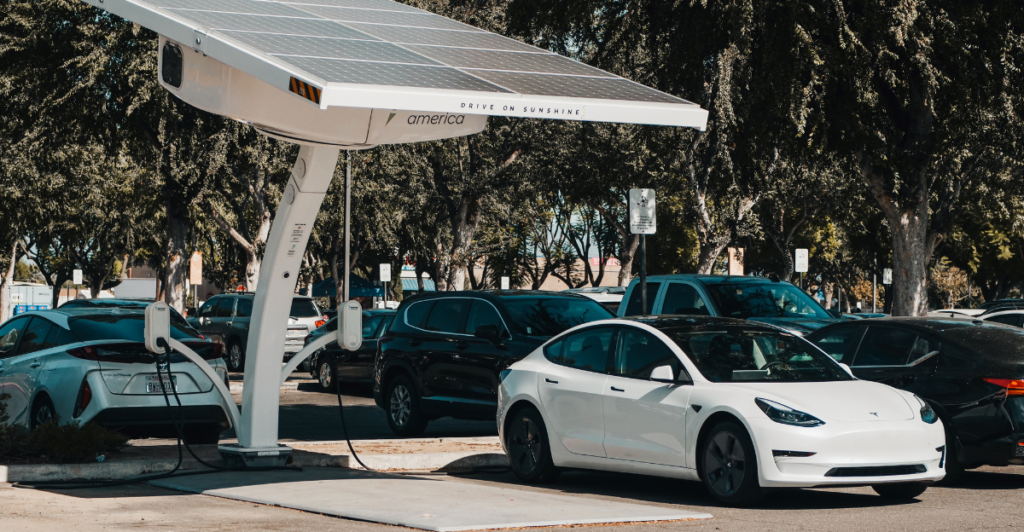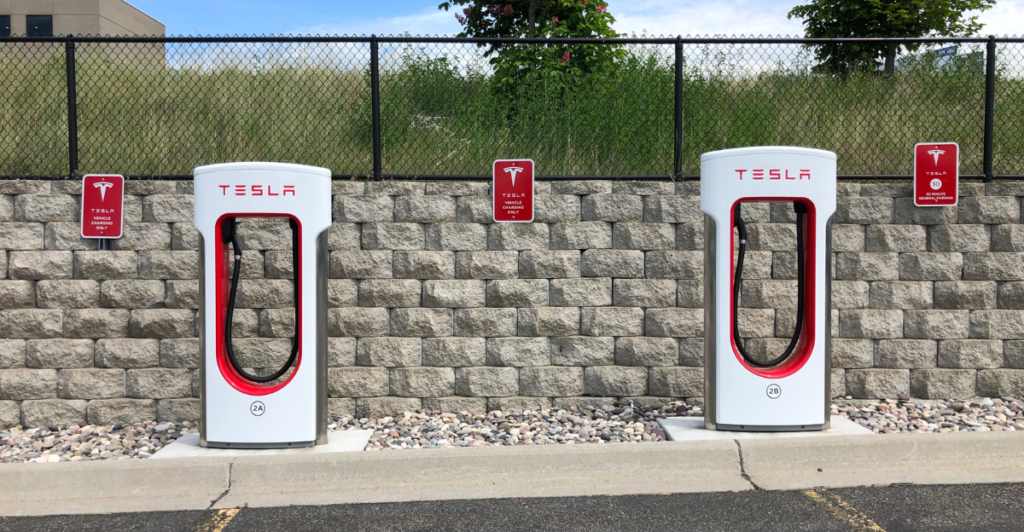
Electric cars (EVs) are often seen as the poster child of eco-friendly transportation. However, new data from 2024 highlights that while EVs are designed to reduce greenhouse gas emissions, their environmental footprint isn’t as clean-cut as it seems. Here are ten ways electric cars could be damaging the planet more than traditional gas-powered vehicles.
Mining for Lithium and Rare Earth Metals

Electric car batteries require vast amounts of lithium, cobalt, and nickel. Mining these materials often leads to deforestation, water pollution, and the destruction of local ecosystems. In Chile’s Salar de Atacama, lithium mining has already consumed 65% of the region’s water, leaving local farmers and communities struggling.
Higher Manufacturing Emissions

Manufacturing an electric vehicle generates more CO2 than producing a gas-powered car. A study by the International Energy Agency in 2024 revealed that building a typical EV emits 40% more greenhouse gases due to battery production.
Battery Disposal Challenges

The disposal and recycling of EV batteries remain a major issue. Tesla, for instance, has made strides in battery recycling, but only 12% of lithium-ion batteries worldwide are recycled effectively. The rest often end up in landfills, leaking toxic chemicals into the soil and groundwater.
Energy-Intensive Charging Infrastructure
Charging stations require electricity, which is not always generated from renewable sources. In the U.S., 60% of charging energy still comes from coal and natural gas, undermining EVs’ green credentials.
Power Grid Strain

As EV adoption grows, so does the demand for electricity. In 2024, California reported a 20% increase in power grid outages due to the rising number of EVs, putting pressure on an already strained system.
Carbon Footprint of Battery Replacement

EV batteries degrade over time, and replacing them adds to their carbon footprint. Tesla, known for its long-lasting batteries, estimates a replacement every 8–10 years, but the energy and resources required for this process remain significant.
Transportation of Raw Materials

Shipping raw materials for batteries across the globe adds to carbon emissions. For example, cobalt mined in the Congo often travels to China for processing before being shipped to EV manufacturers in Europe or the U.S.
Dependence on Non-Renewable Resources

While EVs eliminate the need for gasoline, they still depend on non-renewable resources like lithium and cobalt. These resources are finite, raising concerns about long-term sustainability.
Limited Battery Efficiency

Despite advances, EV batteries lose efficiency over time. A 2024 report from the Electric Vehicle Council noted that older EVs generate higher emissions per mile due to declining battery performance, making them less eco-friendly in the long run.
Environmental Impact of Solar Panel Manufacturing

Many EV owners pair their cars with solar panels to offset charging costs. However, the production of solar panels involves harmful chemicals and high energy use, contributing to pollution.
The Tesla Factor: Strides and Setbacks

Tesla remains the frontrunner in the EV market, with significant innovations in battery technology and recycling. The company has reduced emissions in manufacturing and created some of the most energy-efficient EVs. Yet, Tesla isn’t immune to criticism. Its Gigafactories, despite their scale and efficiency, still rely heavily on non-renewable energy sources. Tesla’s efforts to use renewable energy in production are commendable but not universal across its global facilities.
A Fair Perspective

While EVs present unique environmental challenges, they still offer significant benefits over gas-powered cars in terms of reducing air pollution and urban greenhouse gas emissions. However, the promise of electric cars as a green alternative depends on advancing renewable energy and improving battery recycling.
As the world continues to adopt electric vehicles, it’s crucial to address their environmental downsides proactively. A holistic approach, including responsible mining, improved recycling, and a shift to renewable energy, will determine whether EVs truly become the planet-friendly option they aim to be.
Stay connected with us for more stories like this! Follow us to get the latest updates or hit the Follow button at the top of this article, and let us know what you think by leaving your feedback below. We’d love to hear from you!







